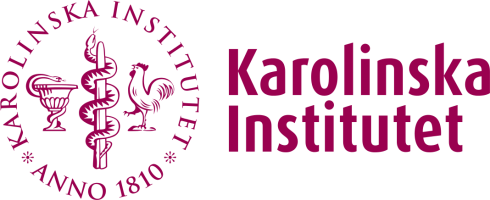Home
Osher Collaborative Mission
The Osher Collaborative for Integrative Health comprises an international group of eleven academic health Centers funded by The Bernard Osher Foundation to study, teach, and practice integrative healthcare.
We are dedicated to advancing healthcare toward a more compassionate, whole-person-centered system that promotes wellbeing for all. Through innovation in education, research, and clinical care, we are working together to build a healthier future for individuals, communities, and the planet.
University of Cincinnati (Center)
At the Osher Center for Integrative Health at UC, we are transforming healthcare to prioritize prevention and self-care by combining conventional medicine with integrative therapies and lifestyle medicine, empowering you to become an active participant in your overall well-being, which can be particularly beneficial for individuals living with chronic conditions.
Highlights
Helene Langevin, MD, Joins the Osher Collaborative with New Role at University of Vermont
The Osher Collaborative for Integrative Health is proud to welcome back Helene M. Langevin, MD, a national leader in integrative health, as she assumes the role of Director of Research at the Osher Center for Integrative Health at the University of Vermont. In this new position, Dr. Langevin will lead the development of a robust, transdisciplinary research agenda aligned with the missions of both the Osher Center and the Osher Collaborative.
Registration Open for Osher Collaborative Virtual Symposium
The Osher Collaborative is hosting our third annual free virtual symposium. This year’s event is Reimagining Your Health Journey with Integrative Care.
This full-day event will explore how an integrative health approach can address common questions that arise in both complex, chronic health conditions and today’s increasingly complex healthcare system.
Cara Feldman Hunt, MA, NBC-HWC, Named Center Director at University of Vermont
The Osher Center for Integrative Health at University of Vermont has appointed Cara Feldman-Hunt its new Director. Jon Porter, MD, retires after years of visionary leadership and dedicated service.
Cara Feldman-Hunt, MA, NBC-HWC, served as the Associate Director when The Bernard Osher Foundation established the Osher Center at University of Vermont in 2022. She was instrumental in leading the transition to shape the direction of the Center and establish Vermont’s presence among the existing Osher Centers.
Tiff Young, CYT-200
Vanderbilt University
Tiff Young, CYT-200, is the Associate Program Manager of the Mind-Body Program at the Osher Center at Vanderbilt University Medical Center. Tiff was drawn to the integrative health space after developing her own yoga practice amidst her search to find a movement practice suitable for her own chronic conditions. With this newfound passion, she completed a 200-hour yoga teacher training in 2021.
Linda Dulong, MSP, ANP-C
University of California, San Francisco
Linda Dulong, MSP, ANP-C, is an integrative nurse practitioner at the Osher Center at University of California, San Francisco. Her clinical practice focuses on Adult General Medicine and Women’s Health. Her approach to care addresses physical health and disease prevention, and prioritizes emotional, psychological, spiritual well-being for all patients.
“I am interested in low-tech, high-impact medicine,” said Linda. “I help my patients get back to the fundamentals of healing, such as mind-body medicine, daily movement, and healthy eating.”
Univeristy of Cincinnati Osher Center to Build Community Learning Kitchen
The University of Cincinnati Cancer Center and the Osher Center for Integrative Health at the University of Cincinnati received a $2 million gift from John and Carrie Hayden to establish and endow a community learning kitchen that emphasizes the vital role of nutrition not only in the prevention but also the treatment of chronic disease.
The John and Carrie Hayden Community Learning Kitchen will open in early 2026 in the Blood Cancer Healing Center, adjacent to a mind-body-spirit wellness studio and rooftop healing garden.


























